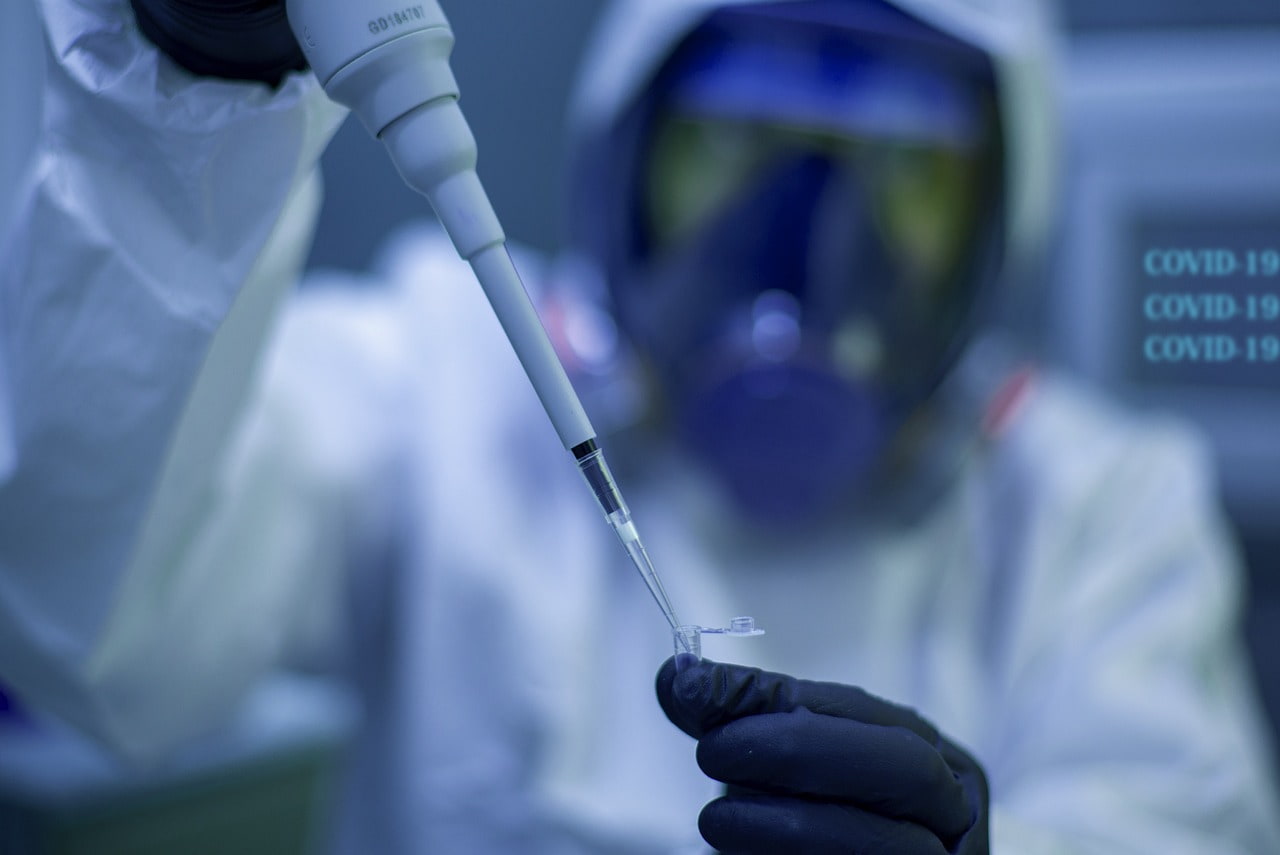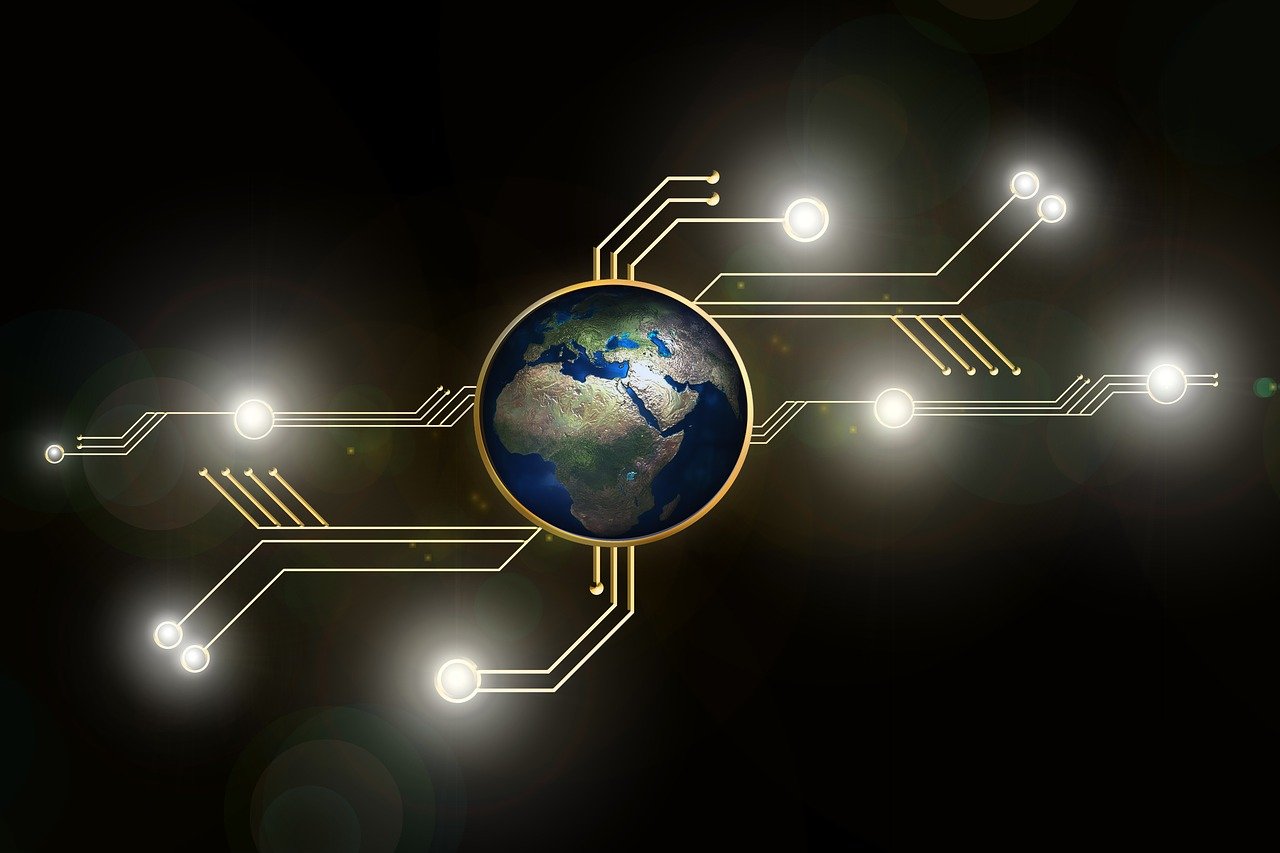An in-depth look into clinical laboratory scientists’ role, responsibilities, and significance in modern healthcare.
Table of Contents
Behind the Microscope: The Daily Duties of a Clinical Laboratory Scientist
Clinical laboratory scientists are important members of the healthcare team.
They work in labs to study blood, tissue, and other body samples. Their job is to help doctors figure out what is wrong with patients. This work is a bit like solving a puzzle, piece by piece. These scientists use special tools and machines to run tests.
They check for signs of diseases, like infections or diabetes.
Their work helps doctors decide on the best treatment for each patient. For example, if someone has an illness, the lab scientist can help determine what kind of medicine will work best.
Becoming a clinical laboratory scientist takes hard work.
They must study science and learn how to use lab equipment. They also need to pay close attention to details. This is because small mistakes can change the results. In short, clinical laboratory scientists play a big role in helping people stay healthy.
Their work makes a real difference every day.
Collecting and Testing Samples
The first step is to collect samples from patients. These samples can include blood, urine, or saliva. After the samples are collected, scientists carefully prepare them for testing. Next, they use special machines and tools to study the samples.
During the tests, scientists look for signs of infections, diseases, or other health problems. For example, they may check for bacteria, high sugar levels, or unusual cells. These tests are very important because they help doctors understand what is happening in the patient’s body.
In conclusion, every step in this process matters. From collecting samples to running tests, each part helps doctors make the right decisions for their patients.
Checking for Accurate Results
After testing, clinical laboratory scientists carefully check the results. They make sure everything is correct and accurate. If something does not look right, they may repeat the test to double-check. This extra step helps to avoid mistakes and ensures the results are reliable.
Helping Doctors and Patients
Doctors rely on these results to make important treatment decisions. Without this information, diagnosing illnesses would be much harder. Therefore, clinical laboratory scientists play a critical role in keeping people healthy. Every test they perform is important and could save a life. As a result, their work is essential to healthcare and helps patients get the care they need.
The Skills and Tools That Power Clinical Laboratory Scientists
Advanced tools and unique skills are the foundation of a clinical laboratory scientist’s work. These professionals play a crucial role in uncovering the causes of illnesses. With tools like microscopes and specialized machines, they examine blood, tissues, and other samples. These tools reveal details that help identify health problems.
Careful testing and analysis require sharp skills. Clinical laboratory scientists are trained to spot patterns and understand test results. Their work demands accuracy and attention to detail because even small errors can impact a patient’s care.
By combining their skills with advanced tools, they solve health-related mysteries every day. They help doctors diagnose illnesses, monitor treatments, and improve patient care. Without their expertise, many medical conditions would remain unexplained, making their role vital in the healthcare system.
Important Skills
One essential skill is attention to detail. These scientists analyze tiny samples, like blood or tissue, for important clues. Problem-solving is another critical skill. When results don’t seem right, they figure out why.
Special Tools
Clinical laboratory scientists use many tools to examine samples.
- Microscopes: Help them see cells and other tiny things.
- Analyzers: Test samples for diseases.
- Computers: Store and share results quickly and efficiently.
Why It Matters
With their skills and tools, clinical laboratory scientists ensure accurate results. These results are the foundation of effective healthcare, guiding doctors in treating patients correctly.
From Diagnosis to Treatment: How Laboratory Scientists Impact Patient Care
Clinical laboratory scientists play a very important role in healthcare. Even though they work behind the scenes, their work saves lives. They help doctors by testing blood, tissue, and urine samples. This information is used to find out what is wrong with a patient.
First, they use special tools and machines to study the samples. Then, they check for problems like infections or high sugar levels. These tests help doctors choose the right treatment. Without these scientists, doctors would not have the information they need.
In addition, clinical laboratory scientists follow strict steps to make sure their results are correct. They check their work carefully to avoid mistakes. This makes their job very important.
To become a clinical laboratory scientist, you need to study science subjects like biology and chemistry. You also learn to use special machines. Although their work happens in labs, it helps patients feel better.
In short, clinical laboratory scientists are like detectives for healthcare. Their work makes a big difference in saving lives.
Helping Doctors Find Answers
Doctors rely on laboratory test results to diagnose conditions like diabetes, infections, or cancer. Without these tests, it would be challenging to know the right treatment.
Supporting Quick and Accurate Treatment
Laboratory scientists make sure their results are accurate. This allows doctors to act quickly. For example, if a test shows an infection, treatment can start immediately.
Preventing Future Health Problems
Some tests reveal health risks before they become serious. This allows patients to take action early, improving their long-term health.
In short, clinical laboratory scientists are like detectives in the world of healthcare. Their work saves lives and helps people stay healthy.
Becoming a Clinical Laboratory Scientist: Education, Certification, and Career Path
Becoming a clinical laboratory scientist takes dedication and education. Here’s what you need to know.
Education Requirements
To begin, you need a strong background in science. Most clinical laboratory scientists first earn a bachelor’s degree. They usually study biology, chemistry, or medical technology.
These programs teach important lessons about human health. You also learn how to perform different laboratory procedures. With this knowledge, you can work carefully and accurately in a lab.
In addition, the training helps you understand how to use special tools and machines. This is very important for the work you will do. By studying these subjects, you build the skills needed for this important job.
Certification and Licensing
After you finish your degree, the next step is usually certification. This is important because many employers expect you to pass a certification exam, such as the ASCP exam. In addition, some states require you to have a license before you can work.
These steps are necessary to make sure you are fully ready for the job. They show that you have the skills and knowledge needed to succeed. By following this process, you can be confident that you are well-prepared for your career.
Career Path and Growth
Once you are certified, you can work in many places. For example, you might work in hospitals, clinics, or research labs. These are all important settings where your skills are needed.
Over time, you may choose to focus on a specific area. For instance, you could specialize in microbiology, where you study tiny organisms. Or, you might work in hematology, which focuses on blood.
As you gain more experience, you can take on bigger roles. For example, you could become a lab manager. In this role, you would lead a team and oversee the lab’s work. Another option is to become a supervisor, where you guide others and ensure everything runs smoothly.
In conclusion, being certified opens many doors. With hard work and dedication, you can grow your career and take on exciting new challenges.
Why Clinical Laboratory Scientists Matter in Healthcare
Clinical laboratory scientists are the unsung heroes of healthcare. They work tirelessly behind the scenes, ensuring doctors have the information they need to make life-saving decisions.
Their skills, tools, and dedication impact patient care every day. From diagnosing illnesses to preventing future health problems, they make a difference in countless lives.
If you’re interested in science and helping people, becoming a clinical laboratory scientist might be the perfect career for you. With the right education and training, you can join this exciting and rewarding field.To learn more about opportunities in this profession, check out Imperial locum for resources and career guidance. They can help you take the first steps toward this fulfilling path.
Read: Is Call Of Duty CPU Or GPU Intensive – Complete Guide – 2025!


